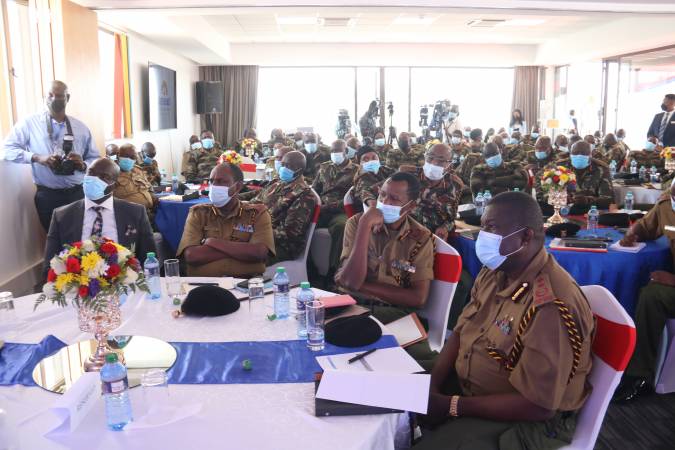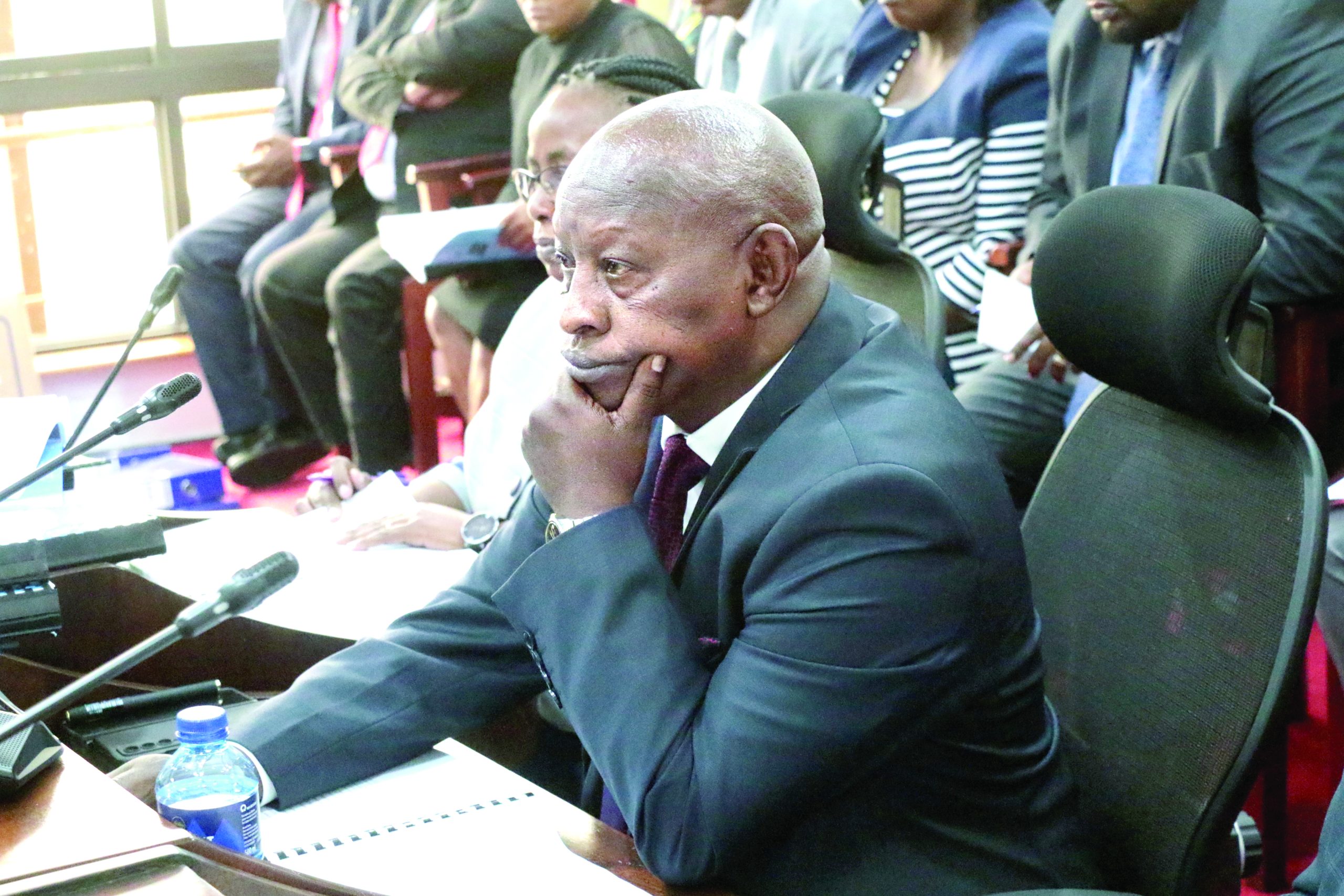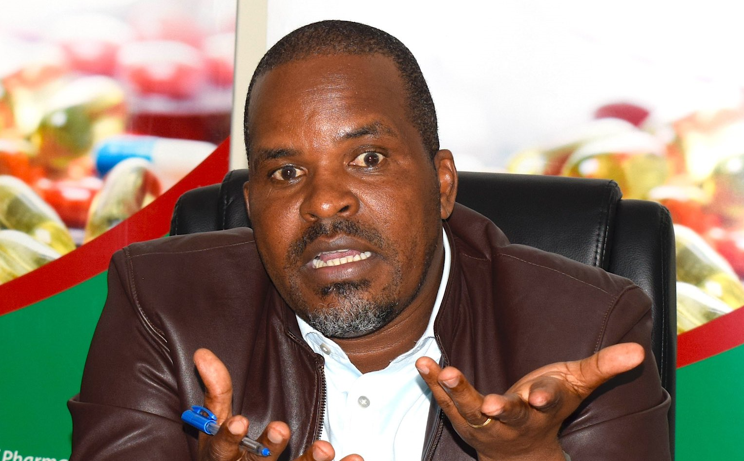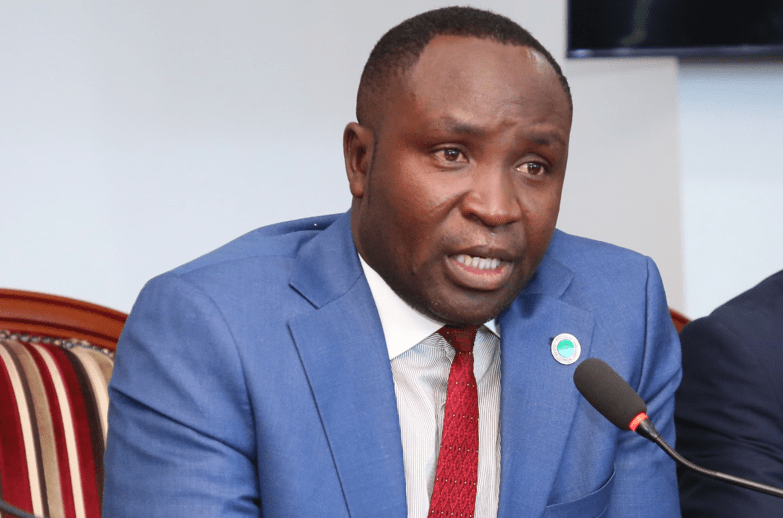Healthcare workers exhibit depression

One in every four healthcare professionals across the country exhibits signs of depression, a new study shows.
The study conducted between January 2021 and this month also reveals that two in every five healthcare workers also show symptoms of post-traumatic stress disorder.
Dubbed ‘Protecting the Wellbeing and Strengthening the Resilience of Frontline Health Workers’, the study by the Aga Khan University (AKU) shows heavy workload, lack of resources, poor work environment, irregular salary payments amongst nurses and midwives and lack of salaries for Community Health Volunteers are the key drivers for mental health challenges among the frontline health workers.
“There is a need to focus on self-care and peer support in combatting mental health challenges faced by frontline health workers. There is also need to train mental health practitioners who can then be deployed in the health system to provide mental support as needed. These require concerted investments by government and partners to ensure that such mental health interventions for frontline healthcare workers are met,” said Dr Eunice Ndirangu-Mugo, Dean, School of Nursing and Midwifery, East Africa, AKU.
Wellbeing policies
The findings indicate there is need to establish structures including policies that promote the wellbeing of health workers who are crucial in achieving Universal Health Coverage (UHC).
Apart from that, there is need to embrace mobile health technologies (mHealth) in combatting mental health challenges.
“In our analysis of policy documents, we learned that there are various policies that touch on mental health. However, these policies are mainly focused on the patient, with limited focus on the health workers from whom we expect high quality health care. Therefore, we need to develop policies that recognise and address the mental health needs of health workers as well,” said Prof Amina Abubakar, Director of the Institute for Human Development, AKU.
According to Amina, when they were conducting the study they administered a mobile-based SMS intervention that was designed to provide direct psychosocial support to health workers.
Preliminary results show such kind of intervention was feasible, acceptable and can be used to alleviate mental health challenges faced by health workers.










